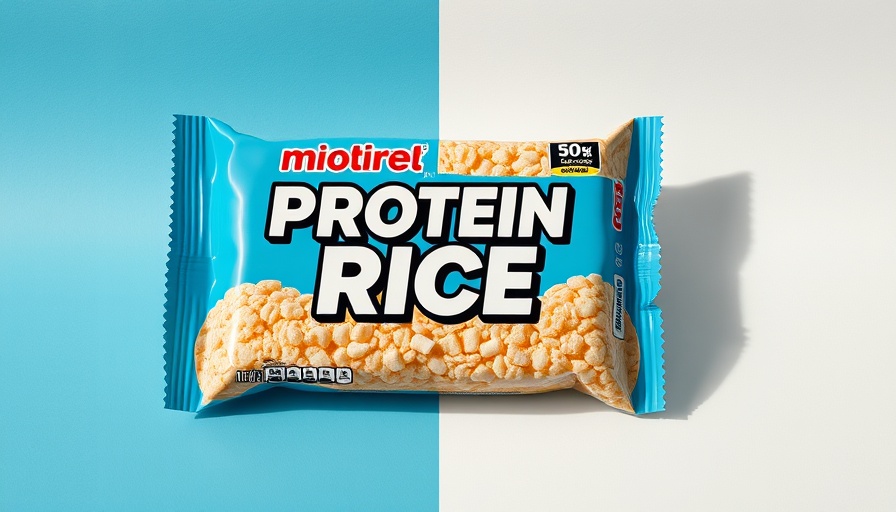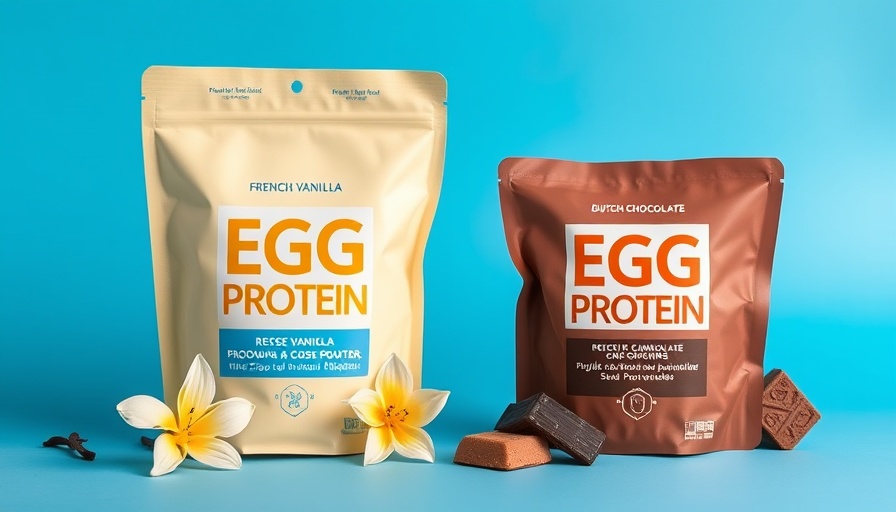
Rethinking Fitness Goals: Why Smaller Steps Can Lead to Big Success
For many tech-savvy health enthusiasts looking for innovative wellness strategies, traditional "big" fitness goals may not be as beneficial as they appear. Rather than setting targets like losing 50 pounds or running a marathon, embracing "process-oriented goals" can foster long-term success without the overwhelm. These goals focus on daily improvements instead of overwhelming end results, according to health expert Lily Thompson.
The Power of Process-Oriented Goals
Research suggests that focusing on learning new skills and adopting healthy habits can significantly boost fitness motivation. A study published in Health Psychology Review reports that newcomers to fitness experienced greater success when prioritizing skill acquisition and habit formation—like mastering squat technique or consistently tracking calorie intake—than when fixating on distant milestones.
Actionable Insights: Building Blocks of Fitness
Instead of daunting "big" targets, consider incorporating practical goals into daily routines. For instance, completing three weekly strength training sessions or consuming 0.8 grams of protein per pound of body weight. These manageable objectives may not sound as glamorous as transformative weight loss or gaining massive strength, but they form the essential foundation for ongoing fitness success.
Embrace Momentum for Long-Term Results
By celebrating small victories, you naturally create momentum, ensuring consistency and confidence. Every manageable step forward lays down the groundwork for tackling more significant challenges in the future. Remember, each process-oriented goal achieved is a step closer to overall wellness, paving the path for a sustainable and fulfilling fitness journey.
 Add Row
Add Row  Add
Add 




 Add Row
Add Row  Add
Add 



Write A Comment